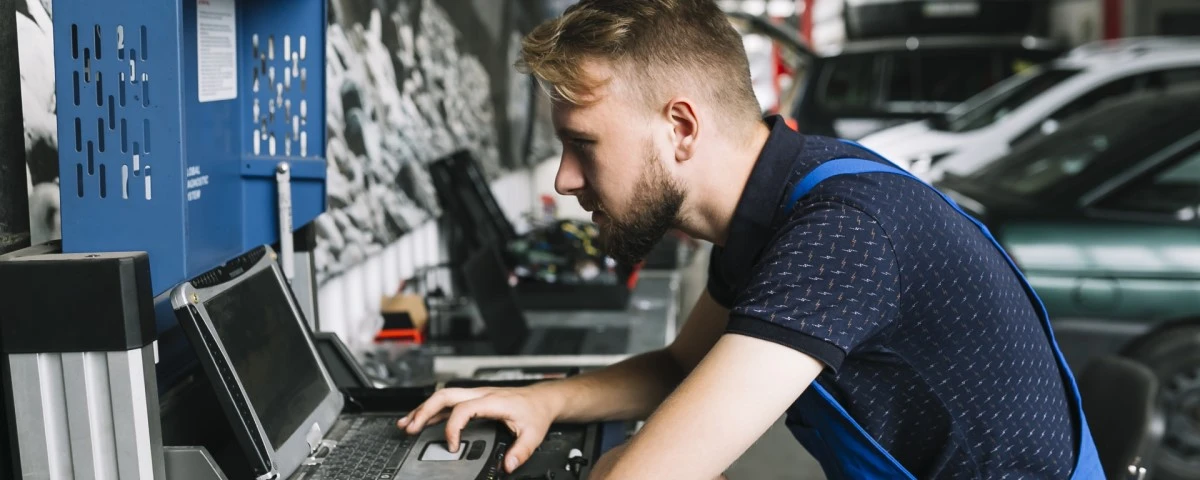If you’re a mechanic, you’ll know that the intensity of the job can divert away from complex, yet essential, matters. Specifically, that dreaded word: tax. However, add the word rebate at the end of it, and it becomes interesting.
These matters can seem complicated – there are all sorts of rules and considerations when claiming tax back. But don’t worry. We’ve answered a few common questions that will hopefully clarify things for you.
What deductions are available to me?
As a mechanic, you are eligible for a flat rate deduction of £120 per tax year. This is to cover the cost of essentials such as tools and equipment.
Pleasingly, you can claim this for the previous four tax years. After your claim, your tax code will change, earning you an additional £120 a year tax free!
I spend more than £120 a year on my tools and equipment – help!
It’s ok, the Mechanics Capital Allowance claim is your friend. This enables you to claim a larger tax relief that reflects your costs.
Do I need to prove how much I spent on tools and equipment?
Yes. Make sure to keep copies of your proof of purchase, whether it’s a receipt, or credit agreement. There’s no limit on the Mechanic Capital Allowance if you have the original proof of purchase, and are still using the item(s).
What equipment can I claim for?
There are obvious things to claim for, such as tools. However, some items are less clear. For example, if you wear your own clothes to work, you can’t claim for these. But if you have a shirt with your garage’s logo on, overalls, or protective equipment you can claim money back.
Go by the rule of thumb that anything specifically used for work can be claimed for. This even includes the cost of software agreements and the use of your home as an office. You can find out more about expenses in our guide.










